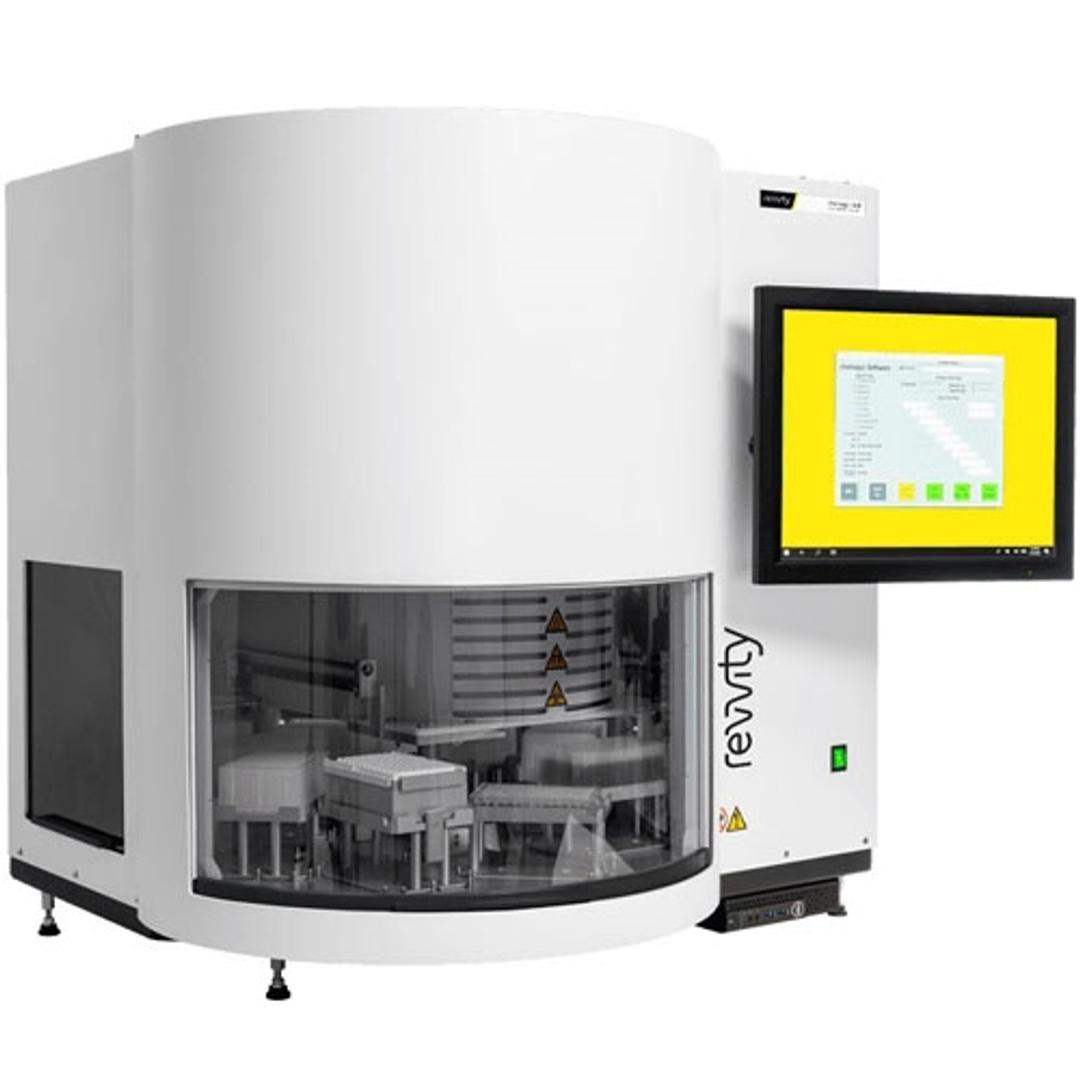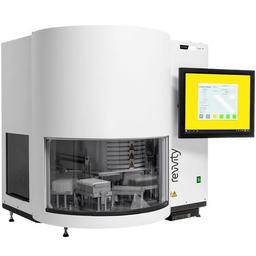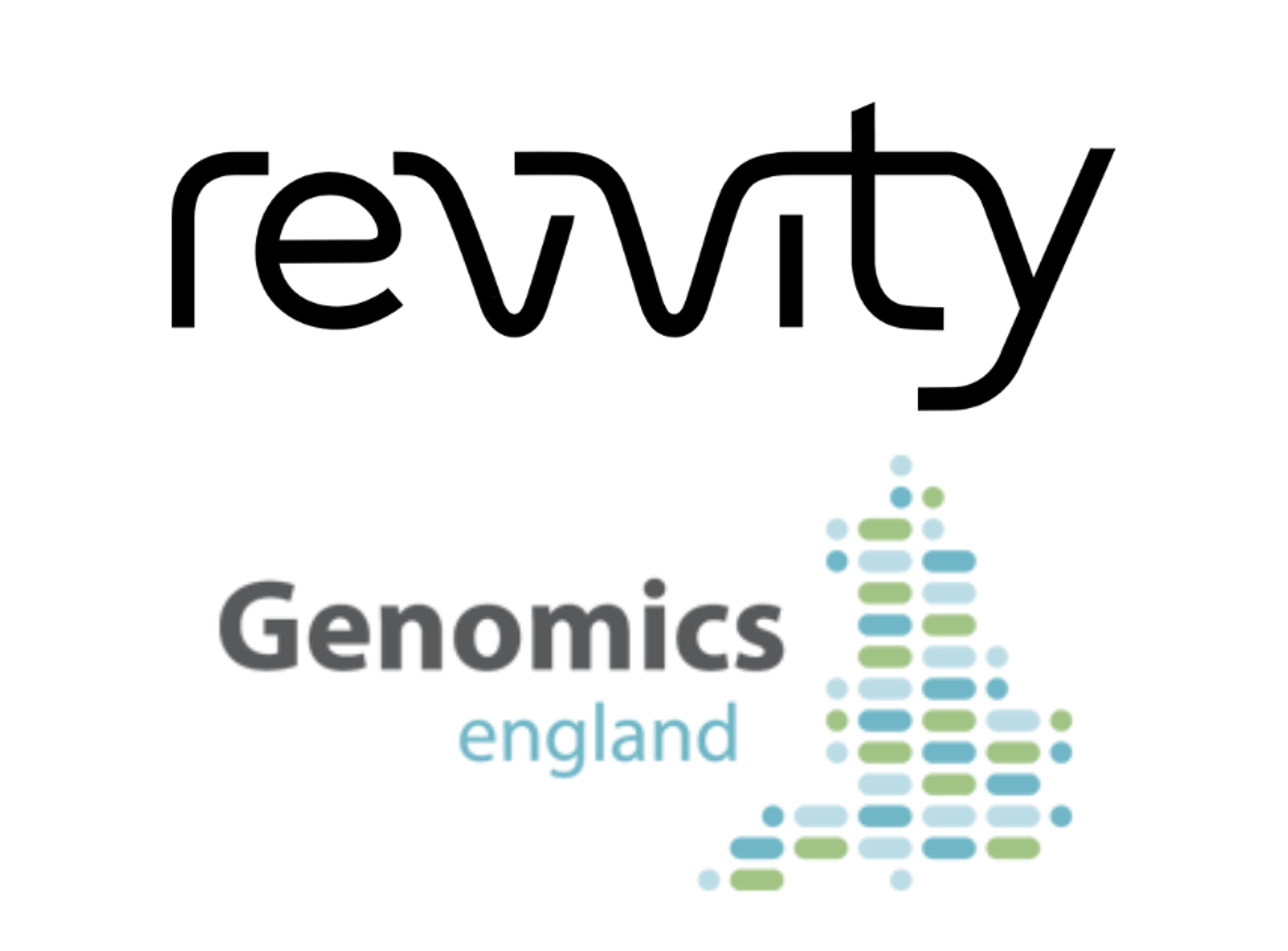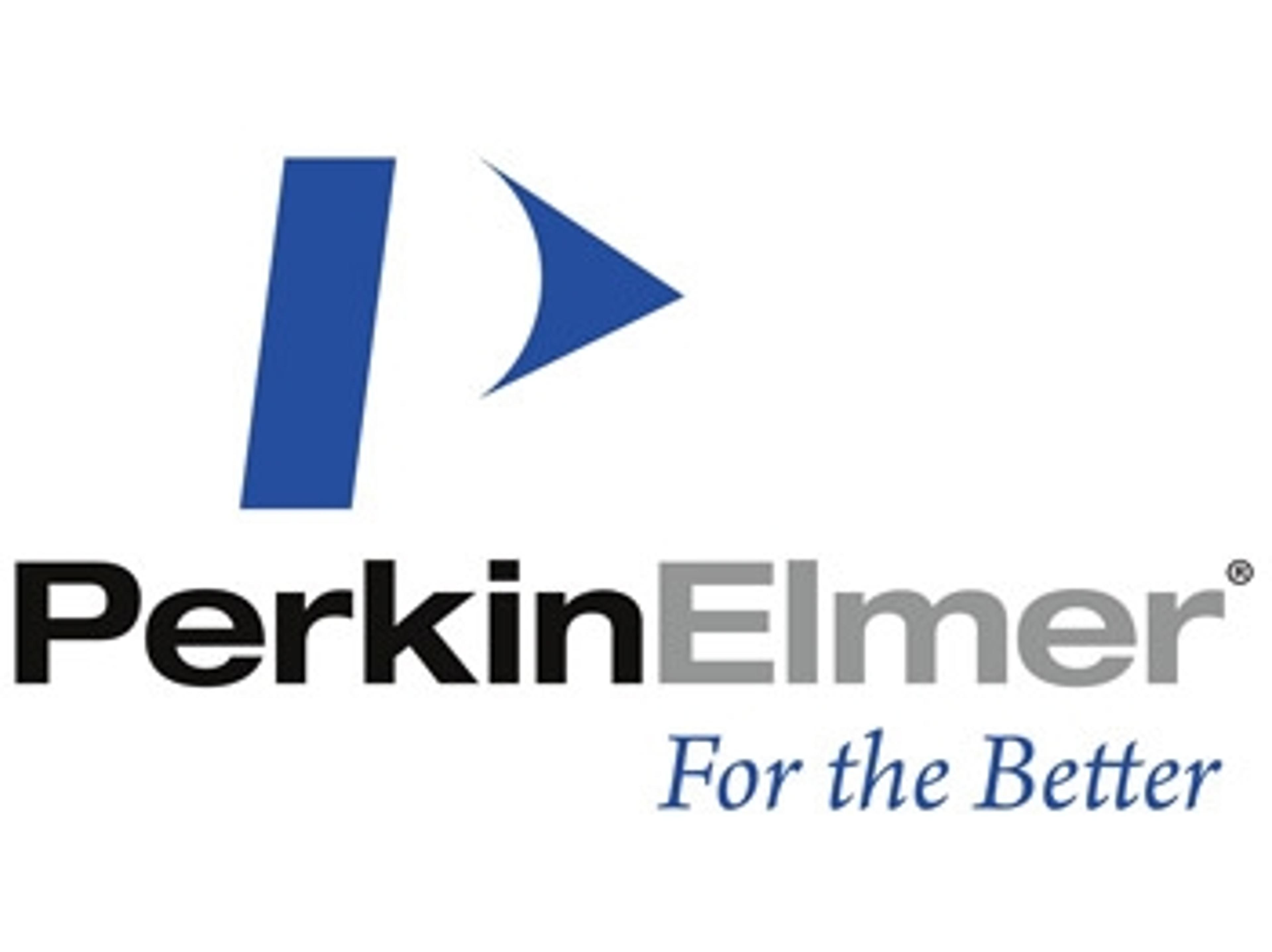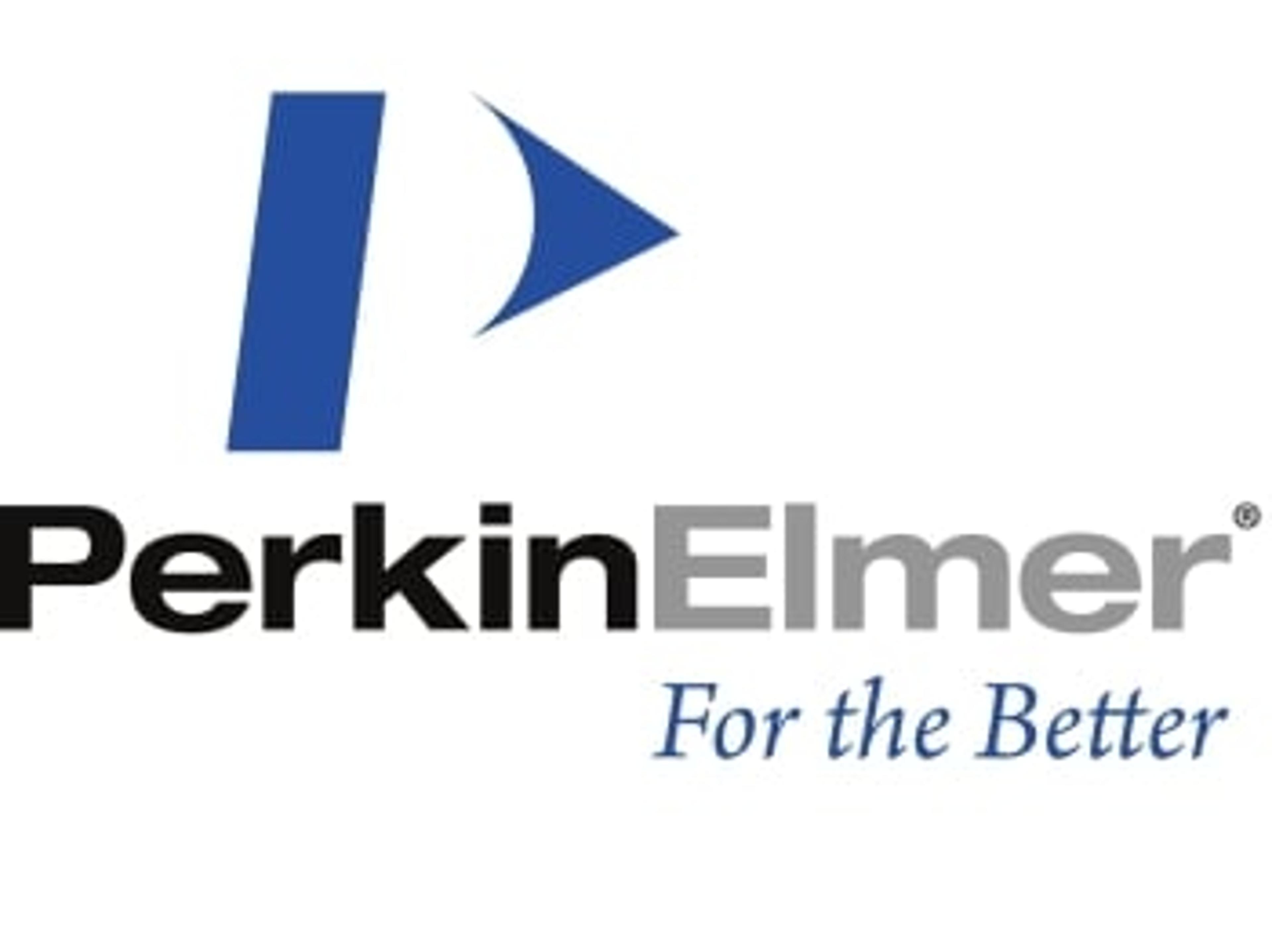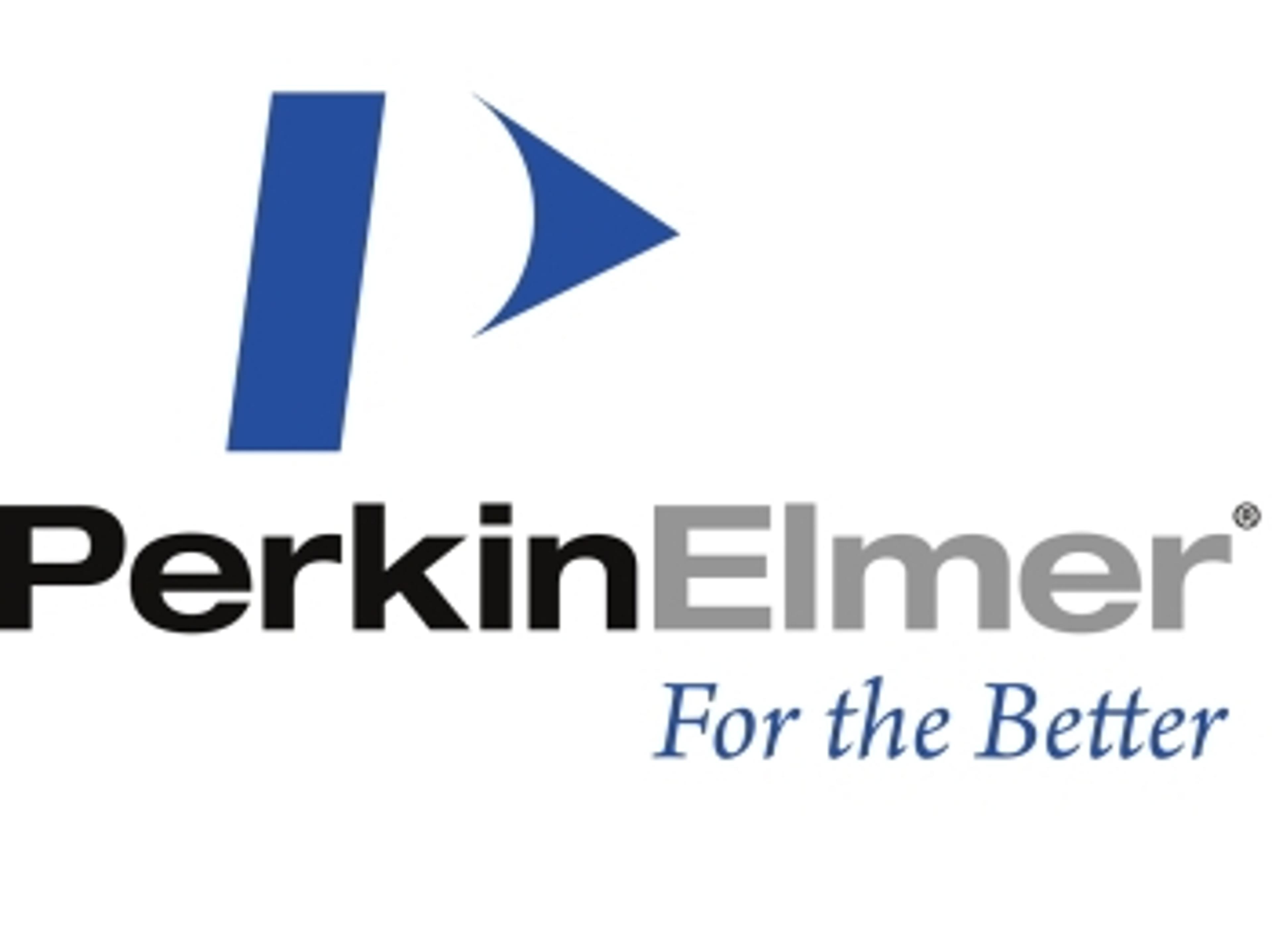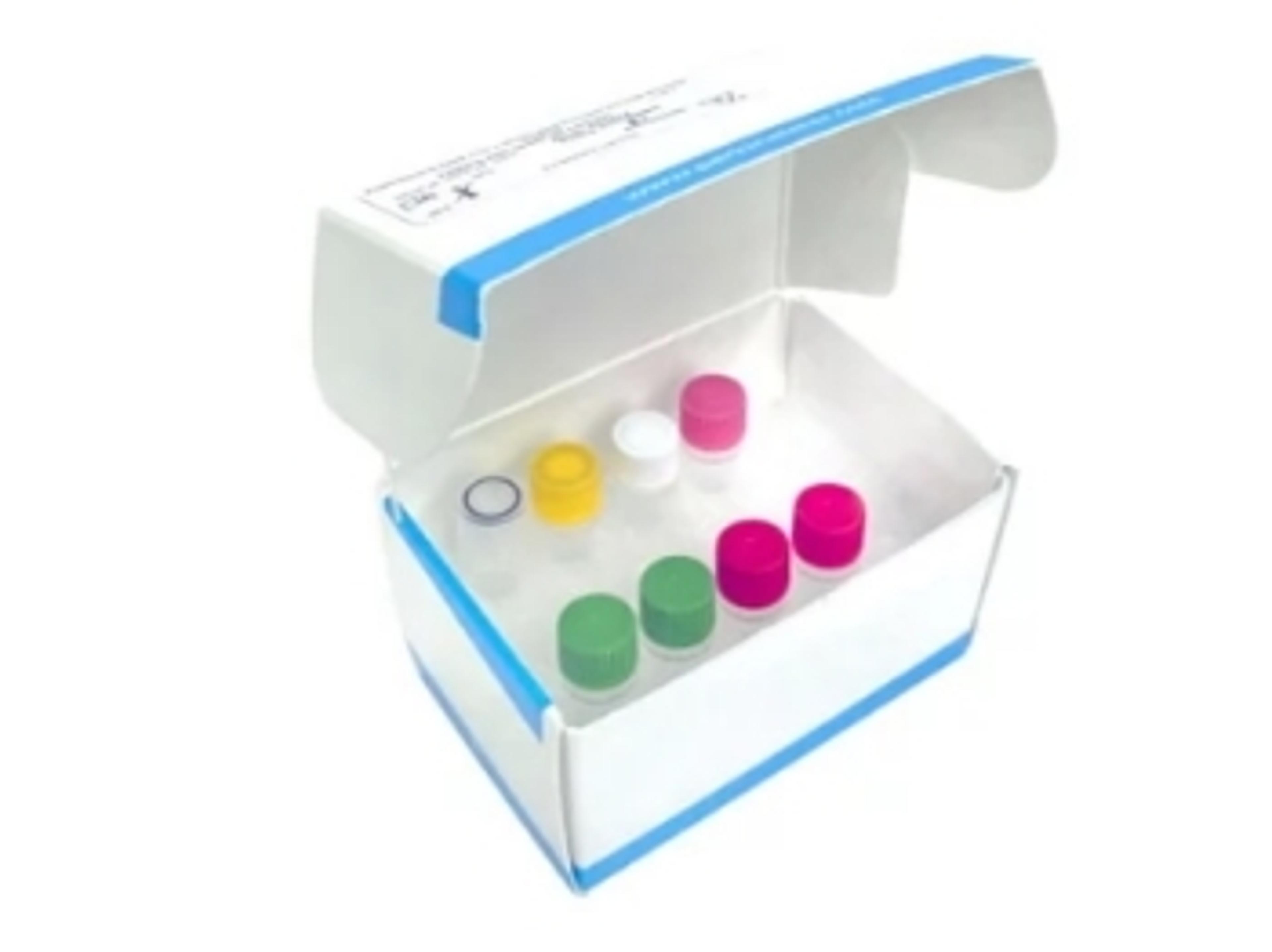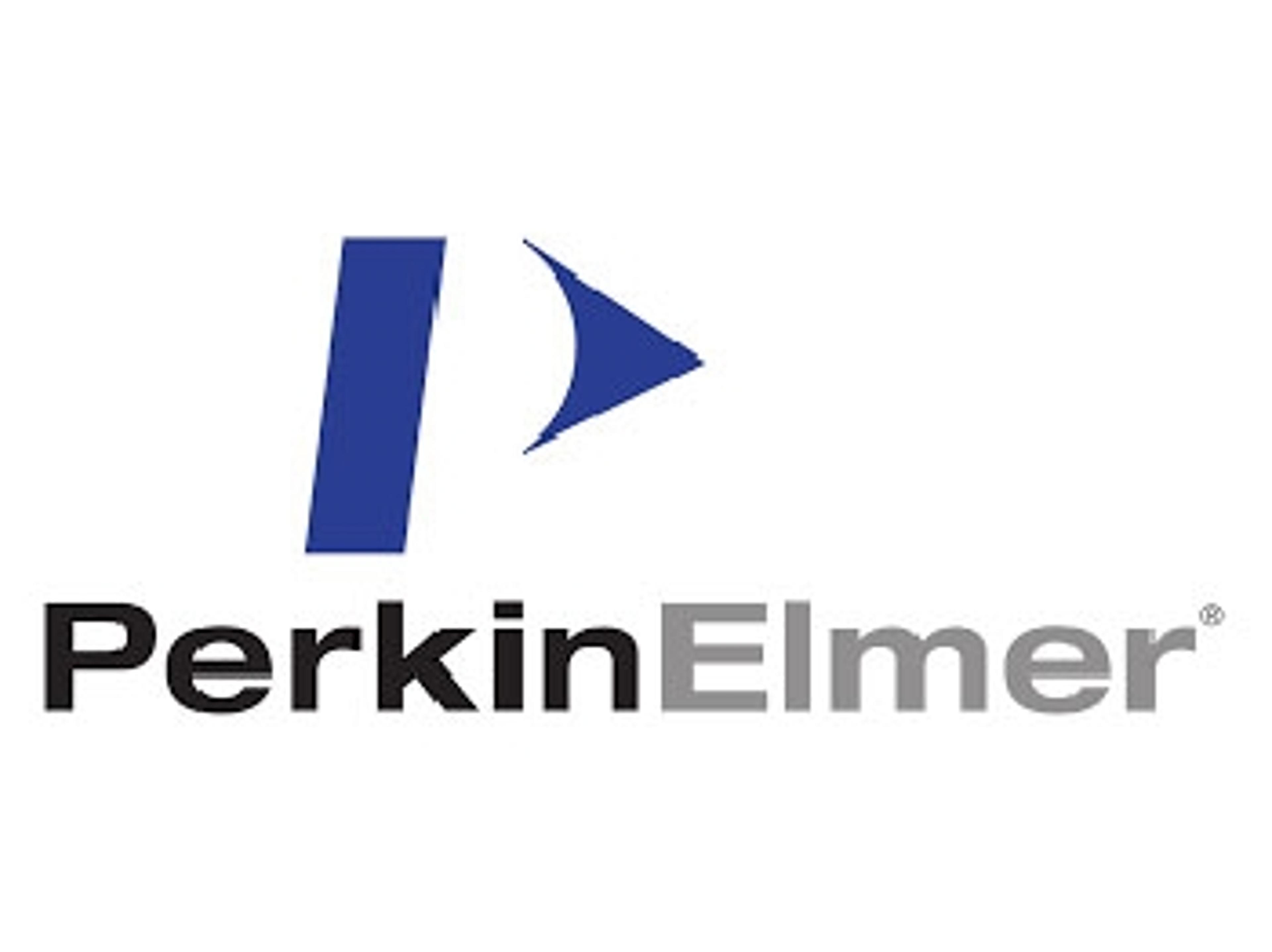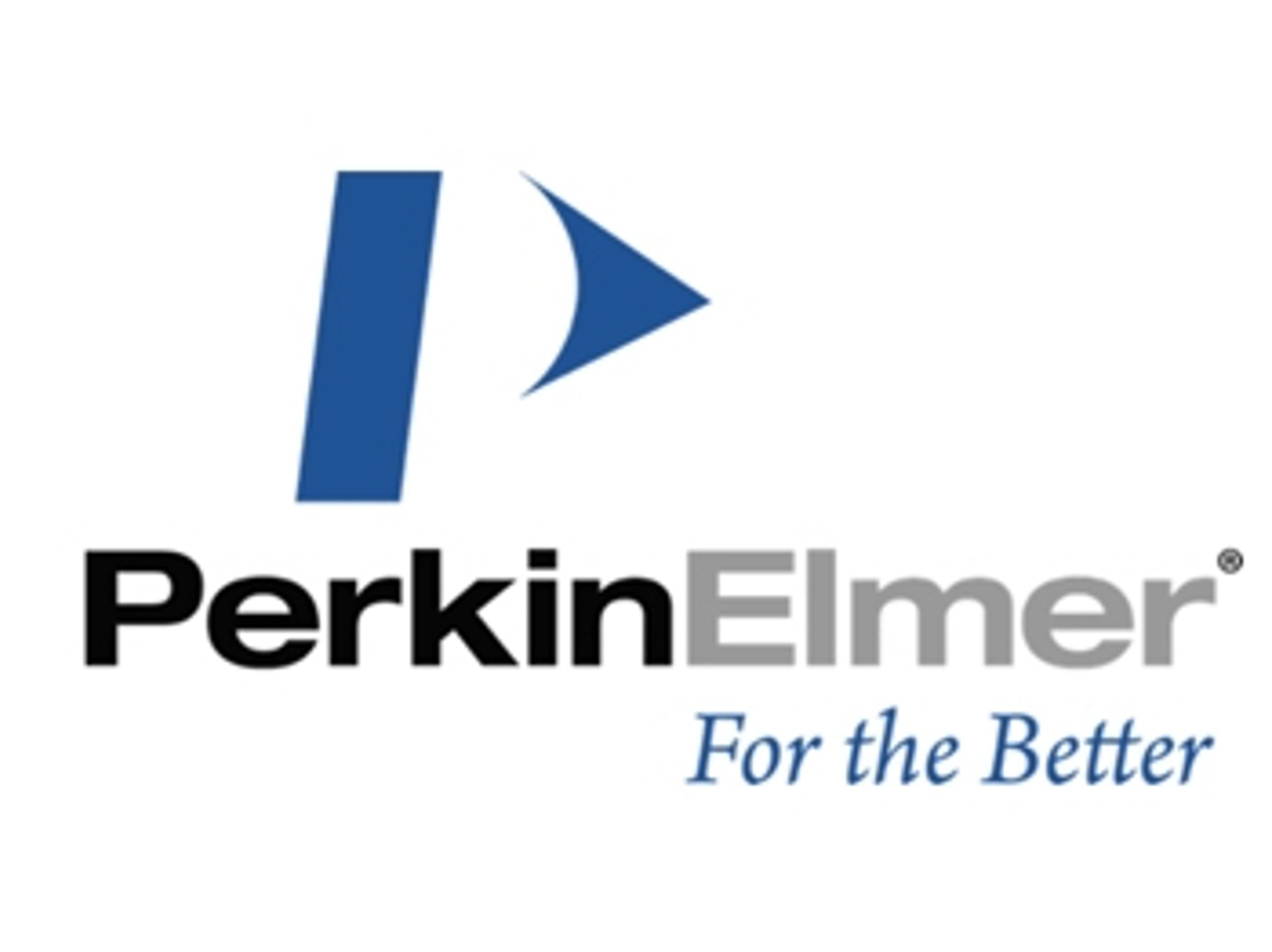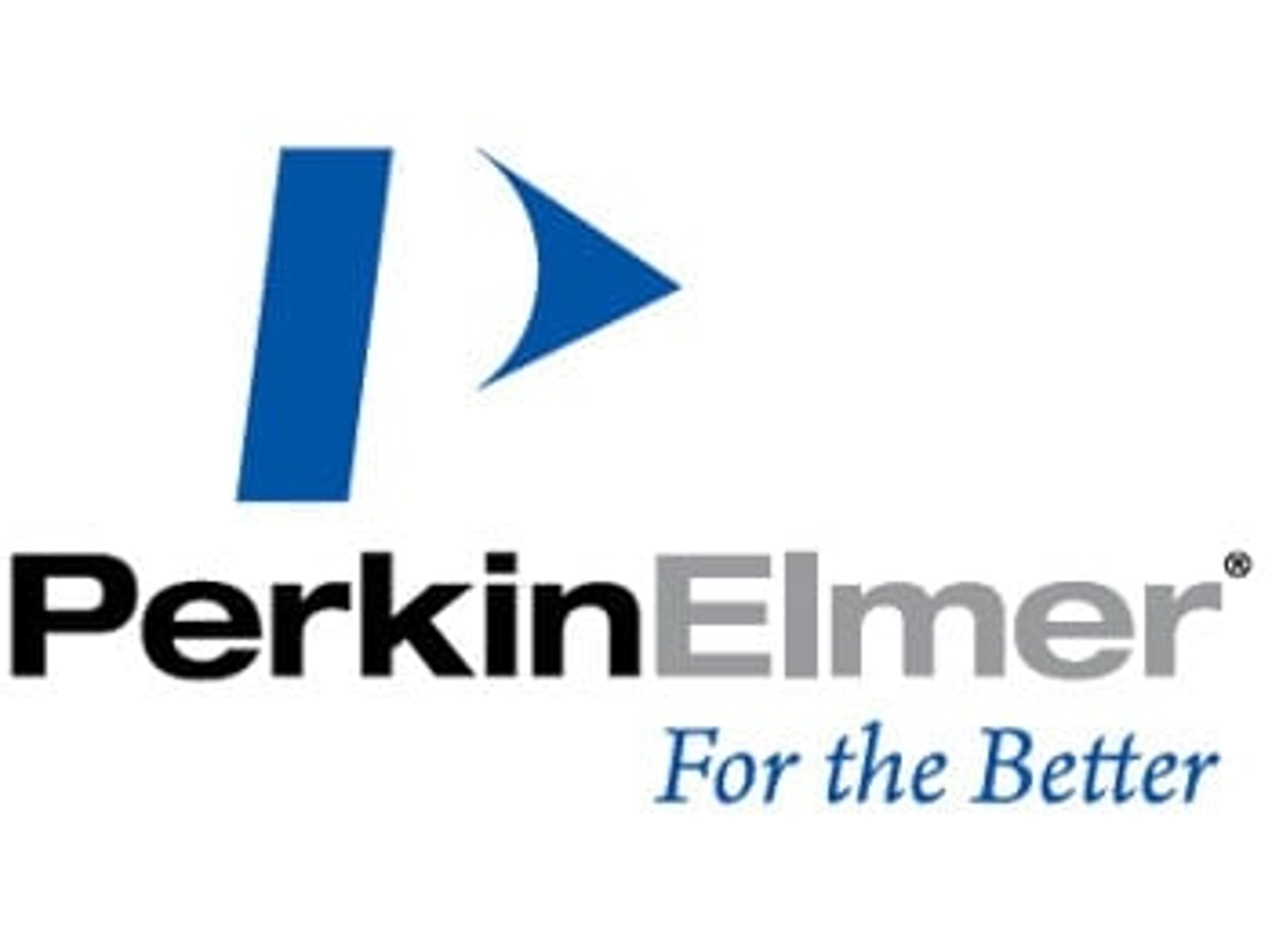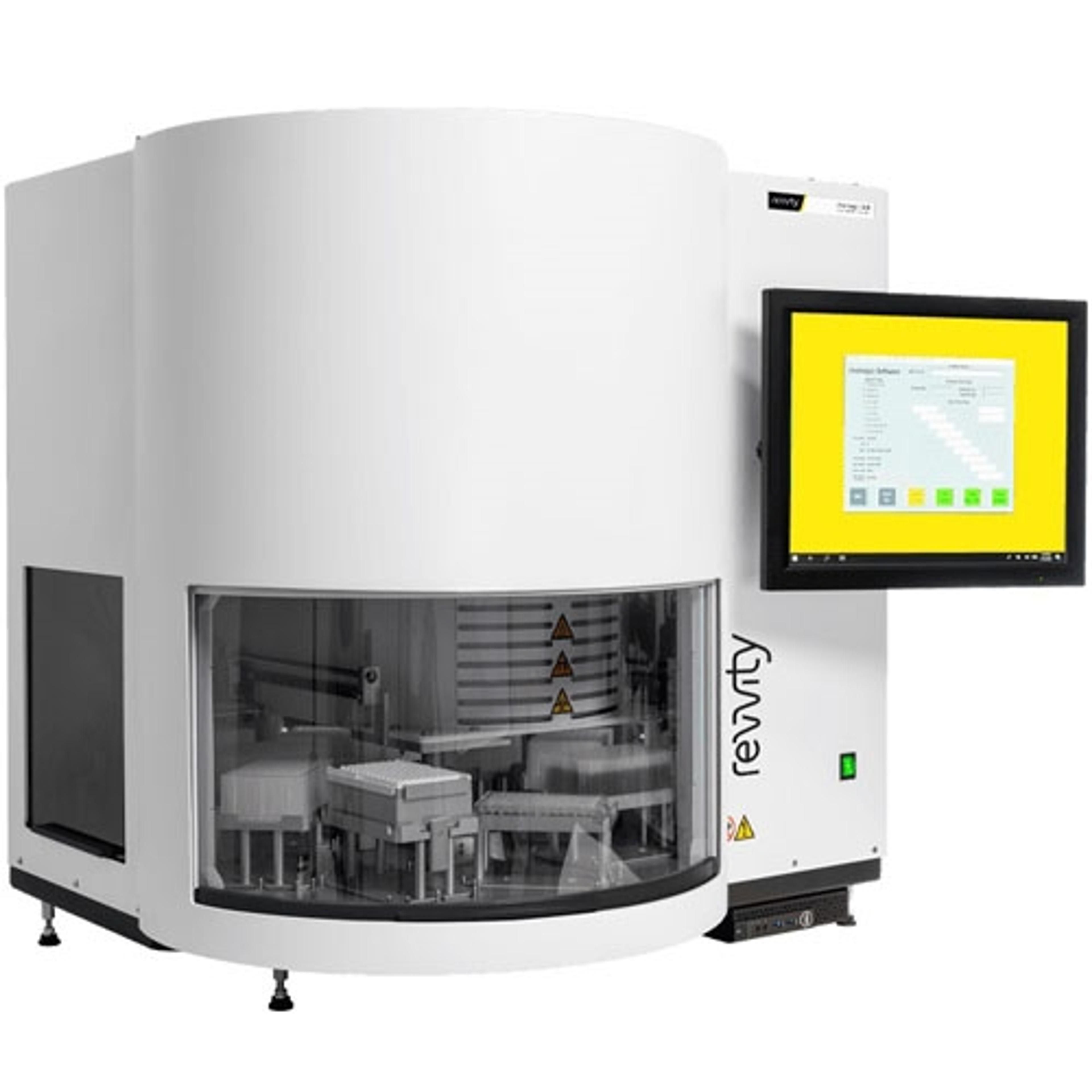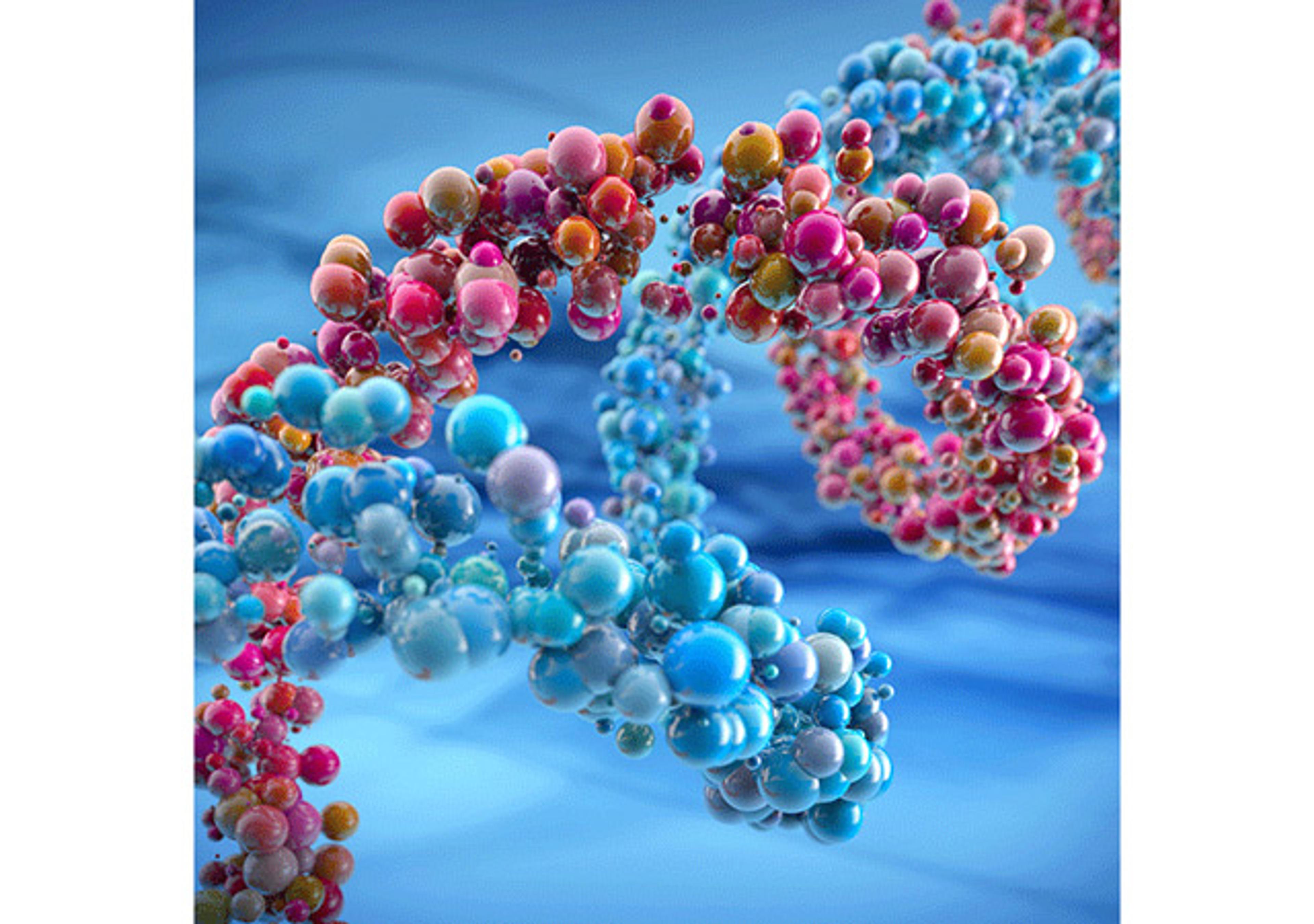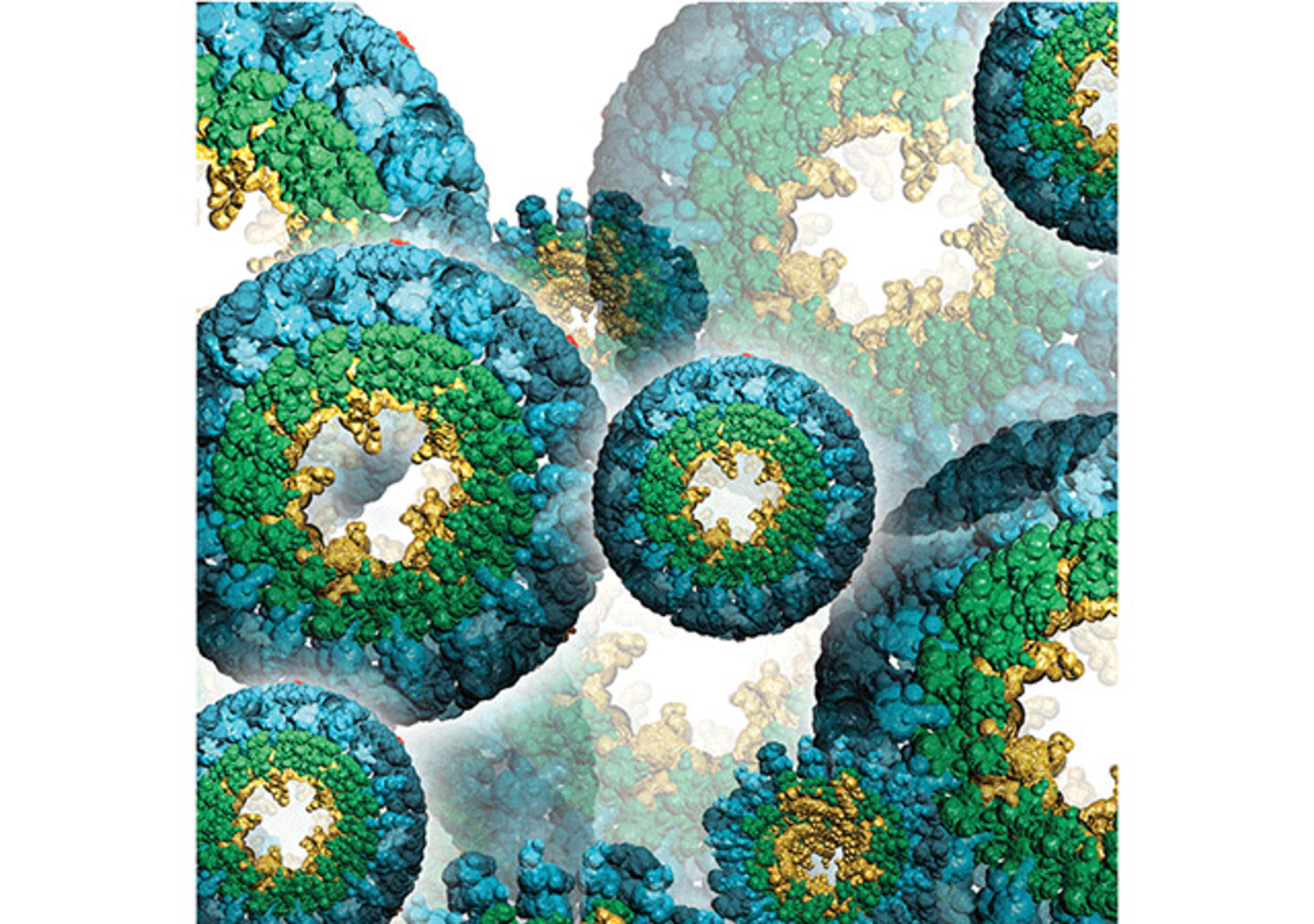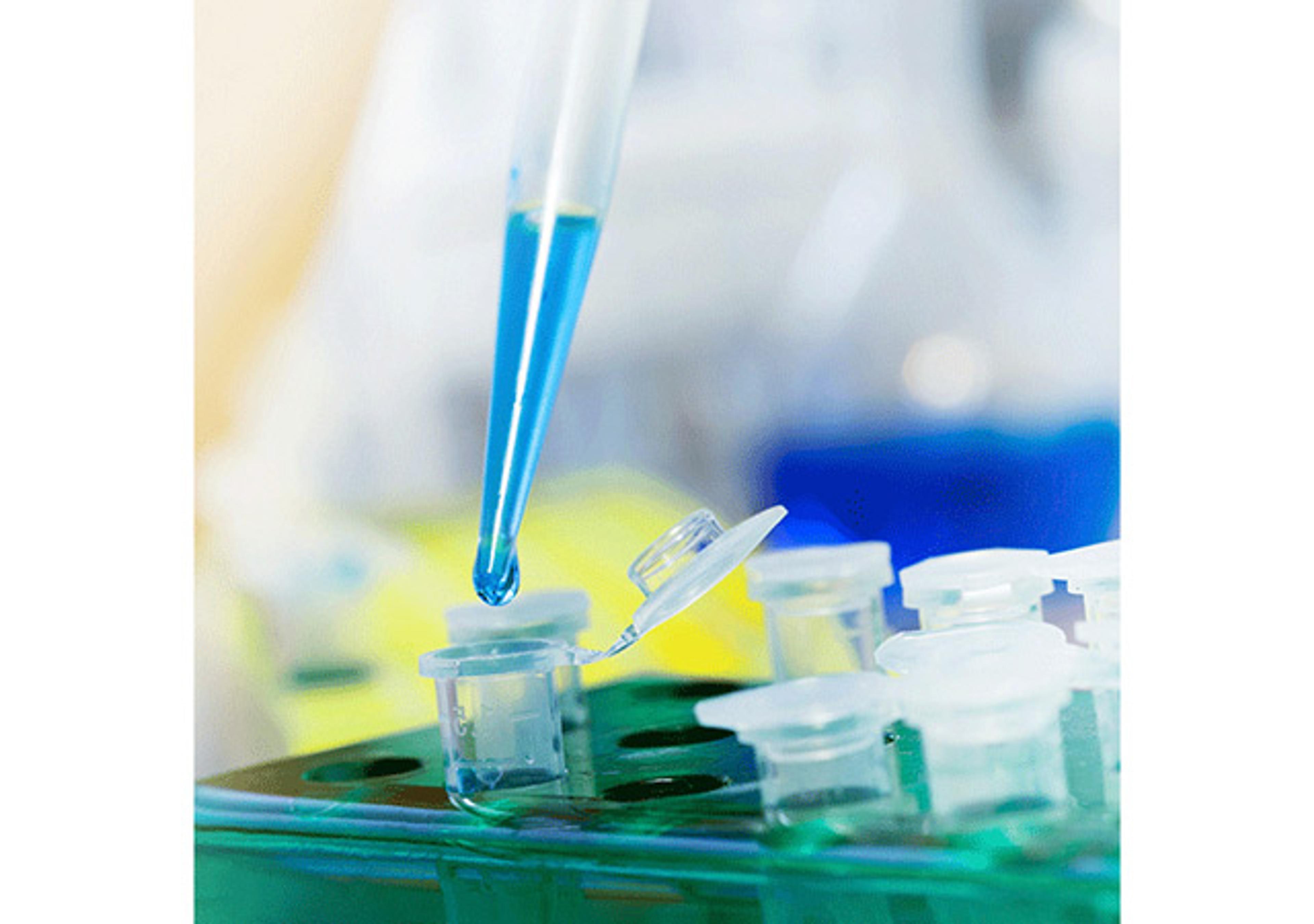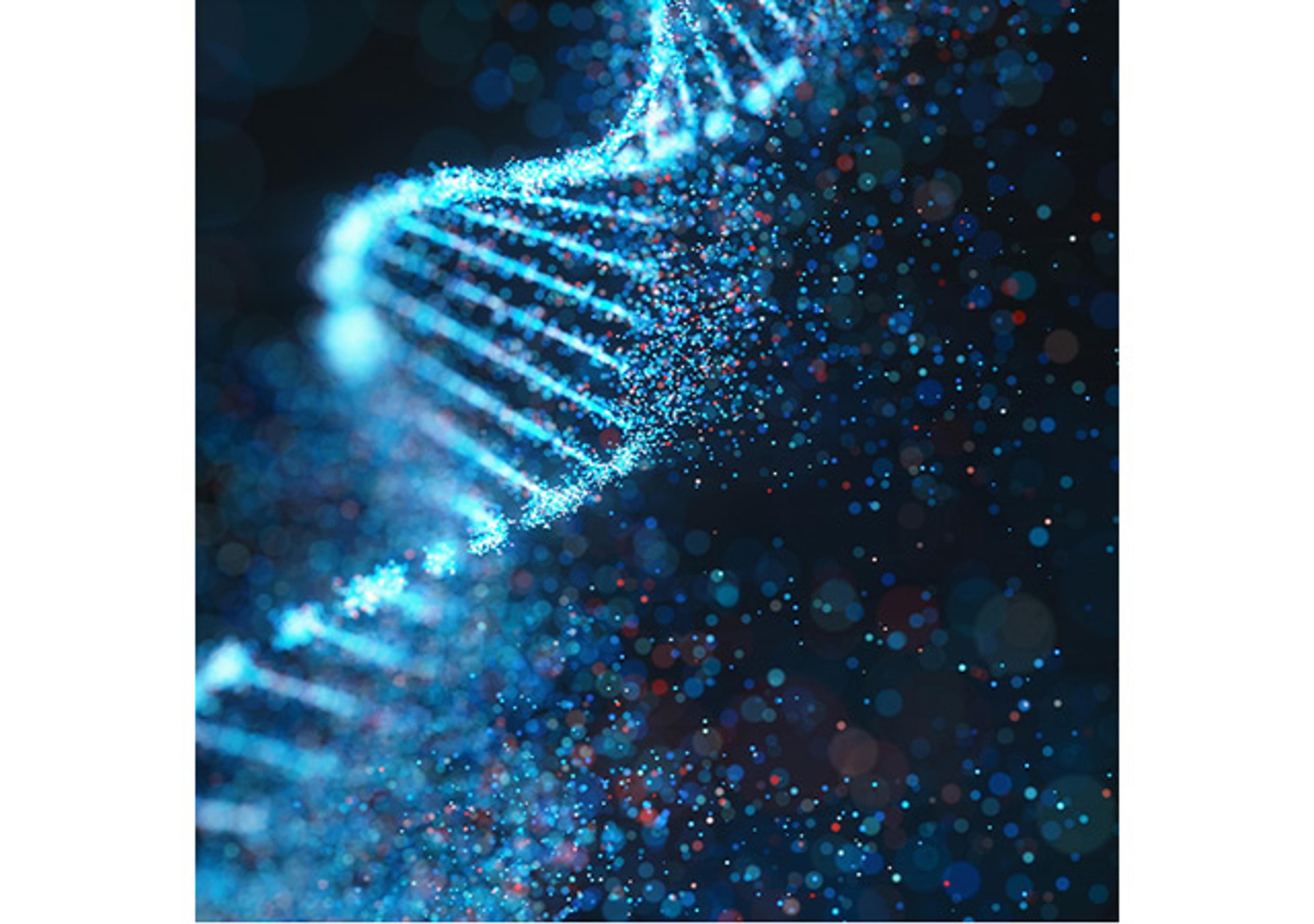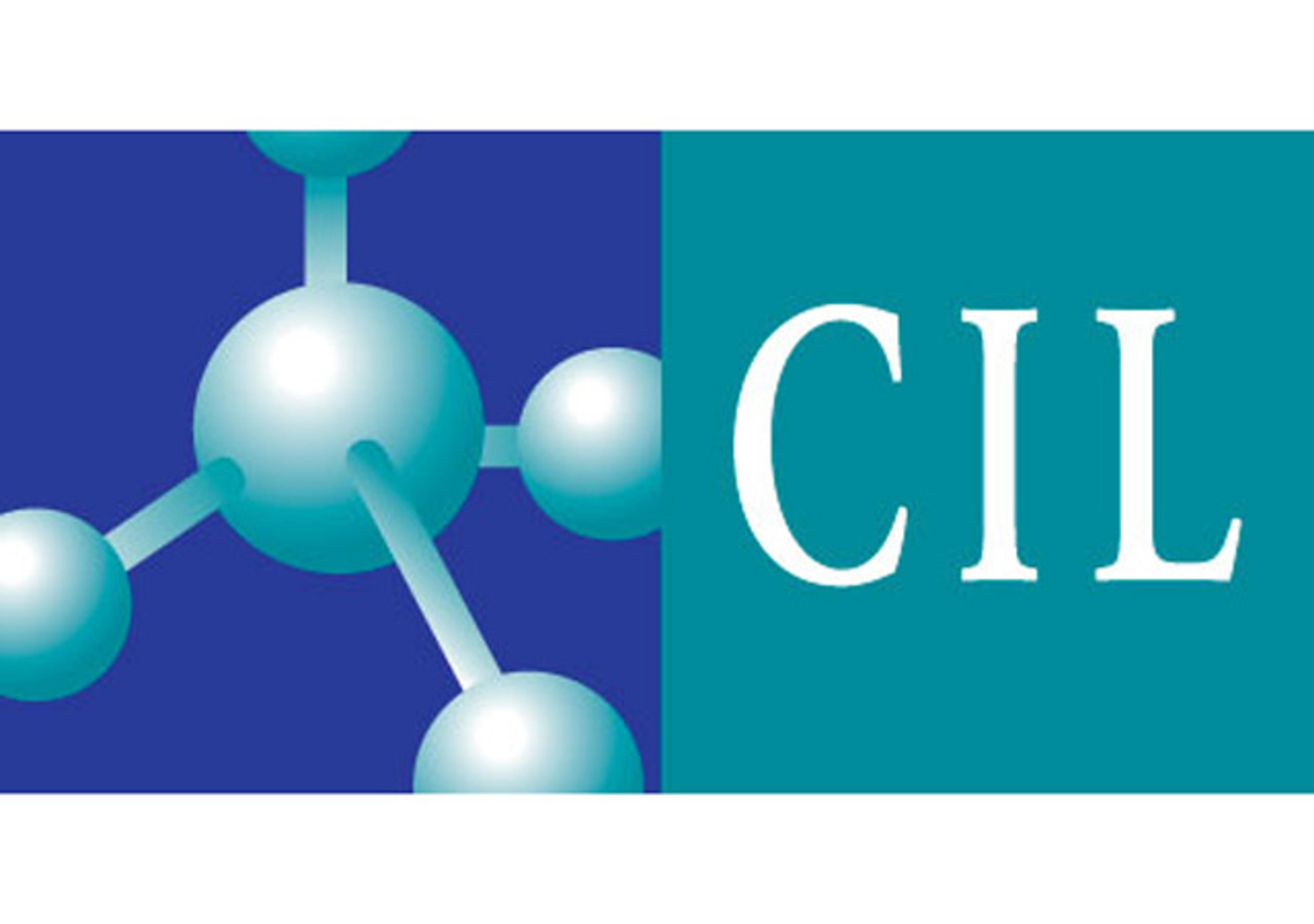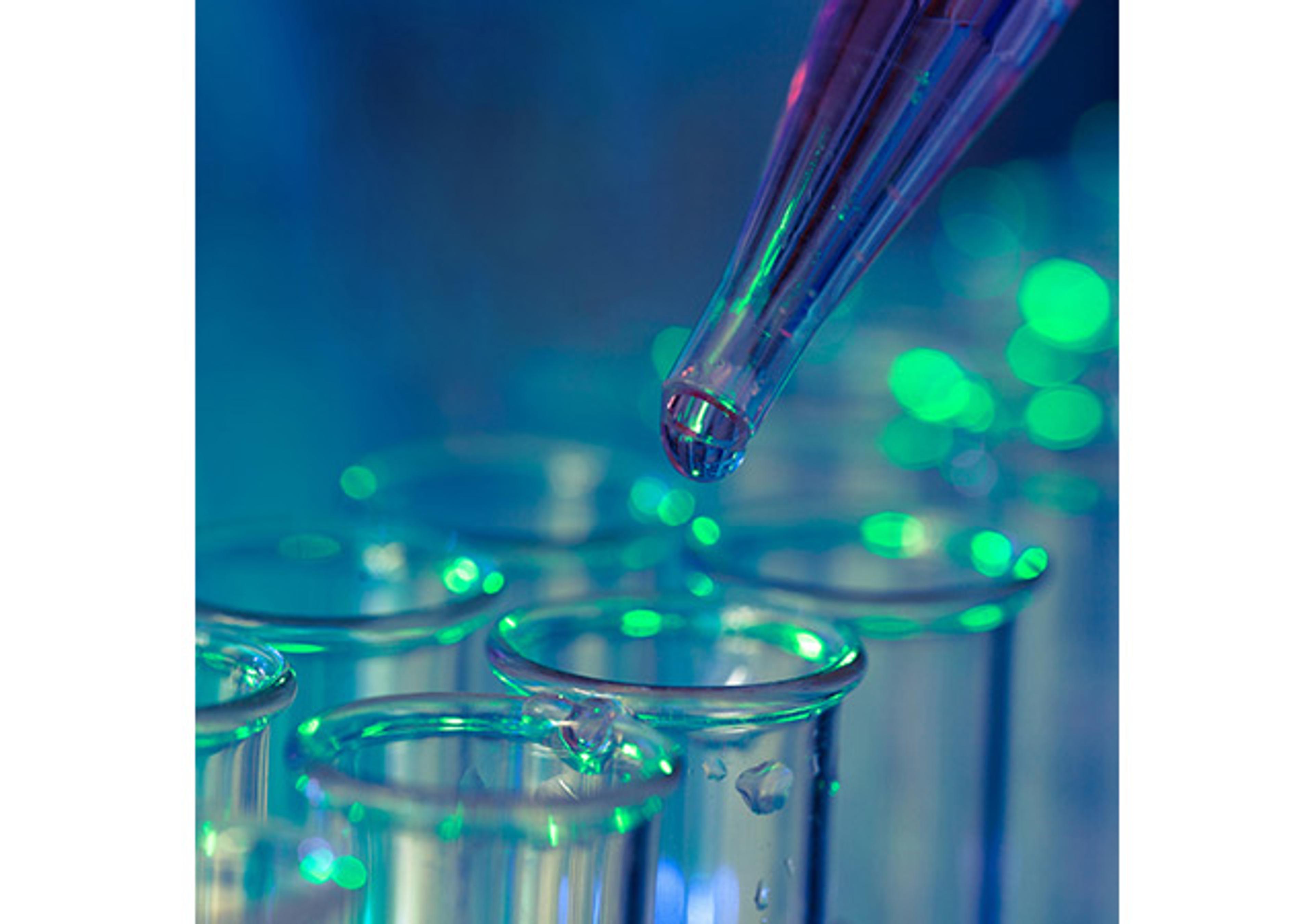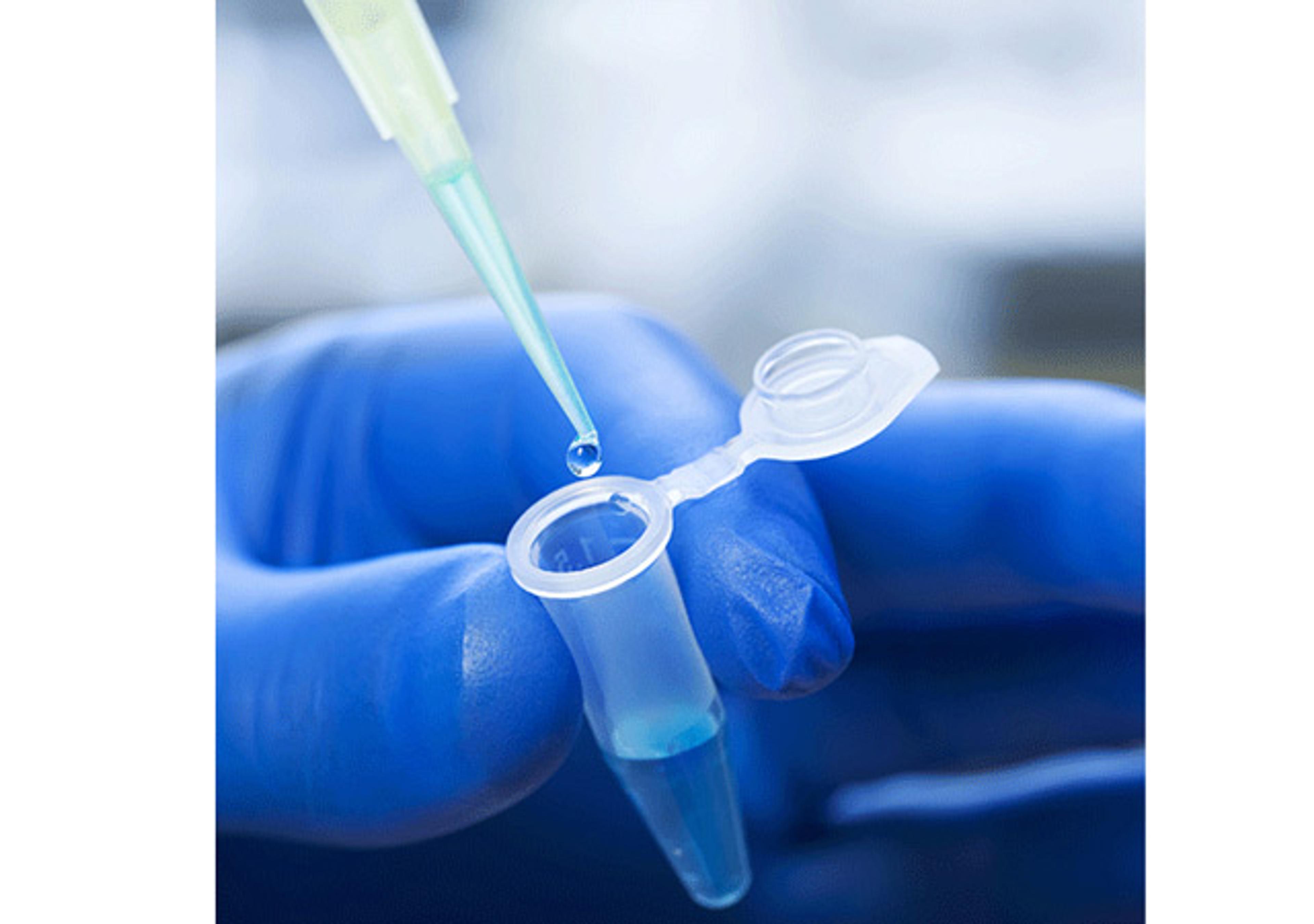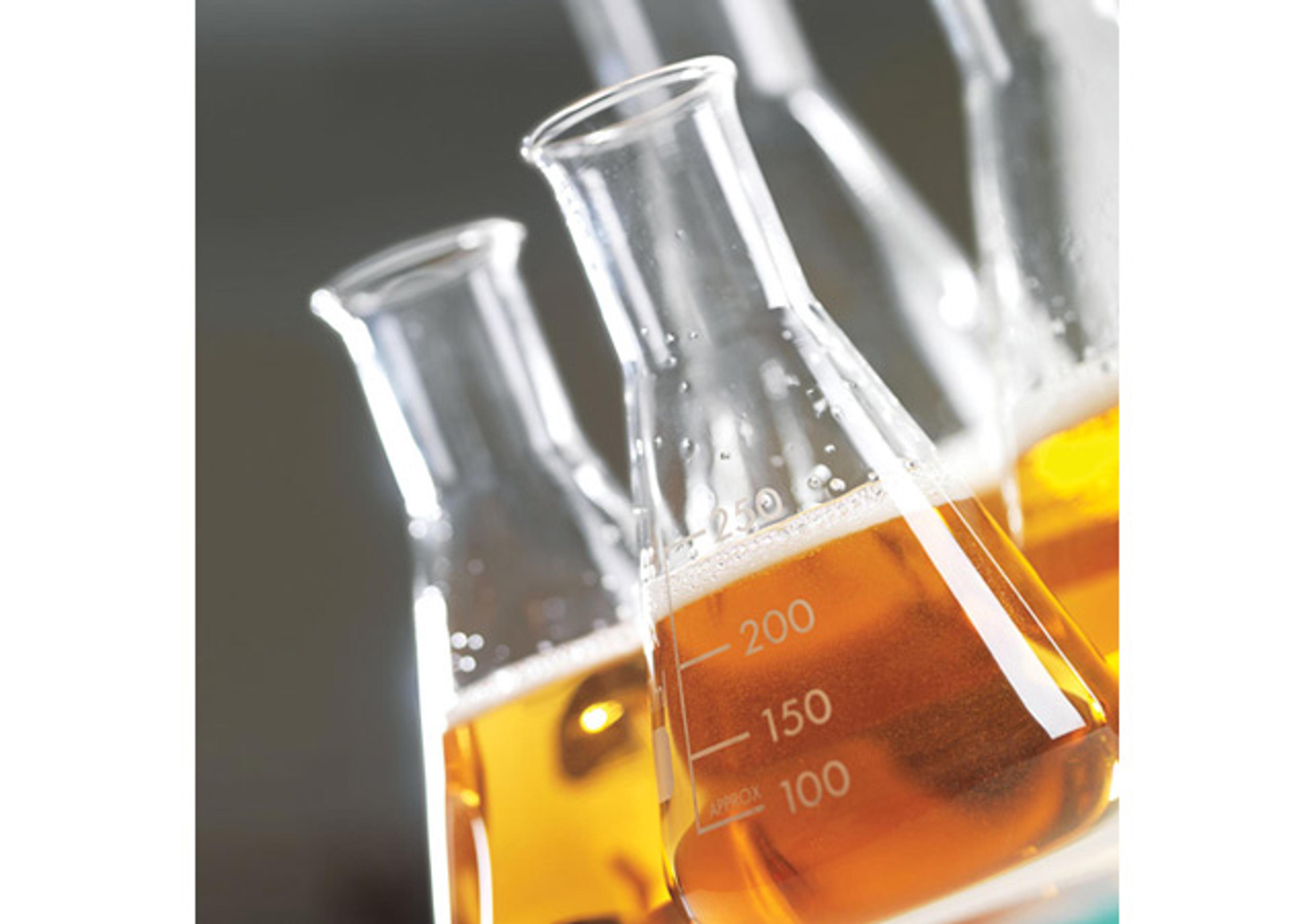chemagic 360
The chemagic™ chemagic 360 instrument is a flexible compact solution for automated nucleic extraction from diverse sample materials.
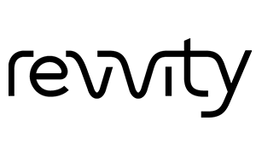
The supplier does not provide quotations for this product through SelectScience. You can search for similar products in our Product Directory.
gives you time for a tea
DNA extraction
Requires a fair bit of prep depending on the sample type.... but I'm sure that is the same for any automated extraction. Engineers come when needed, for the odd breakdown and service. Takes about 70 mins but reduces hands on time, letting you do something whilst samples are being extracted. Not as fast as some methods but still a helpful tool in the lab. Easy to use. Not exactly cheap to run though, but good for large runs.
Review Date: 12 May 2023 | Revvity
Robust, high-throughput, easy to use system
Nucleic acid extraction
This semi-automated extraction system is easy to use and produces high quality nucleic acids at an adequate yield. It is durable and most problems we have observed are minor and easily remedied. Service is satisfactory.
Review Date: 31 Oct 2022 | Revvity
Great results.
DNA Extraction
High quality DNA is achieved and the concentration is consistent!
Review Date: 1 Nov 2018 | Revvity
Still waiting for a better result.
DNA genomic analyses, including classic and next generation sequencing
It is very user-friendly. But it does not use primary tubes, i.e. the user has to pipette the protein kinase in each well and then add the blood manually, impairing a high quality tracking of samples. We are beginning to make our first extractions and still too many beads remain in the final DNA eluate. I mean they are visible giving rise to a pink-brownish solution. We have been told to centrifuge the DNA and change to a new DNA vial to take them out, and it works, but this will further increase the traceability of samples.
Review Date: 20 Apr 2018 | Revvity
Gives the best quality DNA
Extraction
Yields quality DNA and allows the tech to have less manual interaction.
Review Date: 15 Feb 2018 | Revvity
The chemagic 360 instrument is based on the well-established magnetic bead based chemagic Technology and the system offers a reliable solution for different sample materials and throughput needs. Configurable with three kinds of chemagic Rod Heads, the system can process sample volumes from 50 µl - 18 ml and the isolated DNA/RNA is suitable for a wide range of downstream applications such as NGS, MPLA, genotypic, and PCR.

